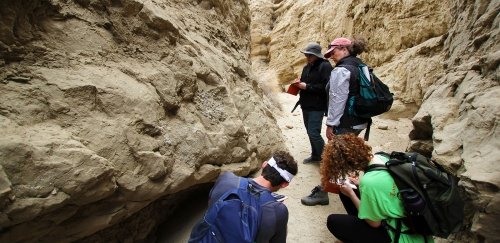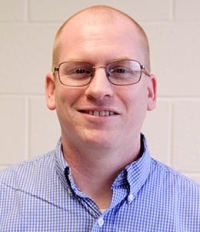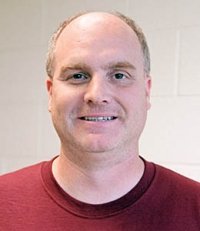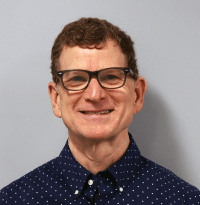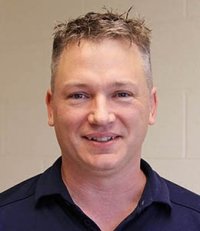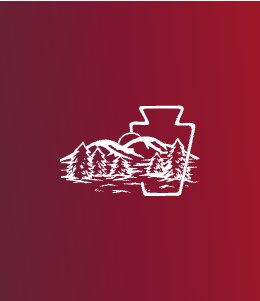Licensure and Certification
It's a profession with a license
In Pennsylvania (as in most other states), geologists must be licensed to become a Professional Geologist (PG). We'll get you ready for Part 1 - the Fundamentals of Geology (FG) exam. You can take it as a senior, and we've had great success with our students passing on the first attempt. If you pass, you'll immediately be competitive for a job (or a salary bump if you already have a job). Then you work for a firm under a licensed PG for 5-years - a kind of apprenticeship - before you take Part 2, the Practice of Geology (PG) exam. Once you pass this, you are a licensed Professional Geologist and you can sign official documents in that capacity. Your salary will also go up!
Professional licensure laws and regulations vary from state to state and are subject to change without notice. Currently, our EGGS: Professional Geology track meets — and in many cases — exceeds the education requirements for all states that have geology licensure. If you are planning to pursue a professional license in a state other than PA, it is highly recommended you contact the appropriate state licensing agency to seek guidance and verify requirements before beginning a program.

